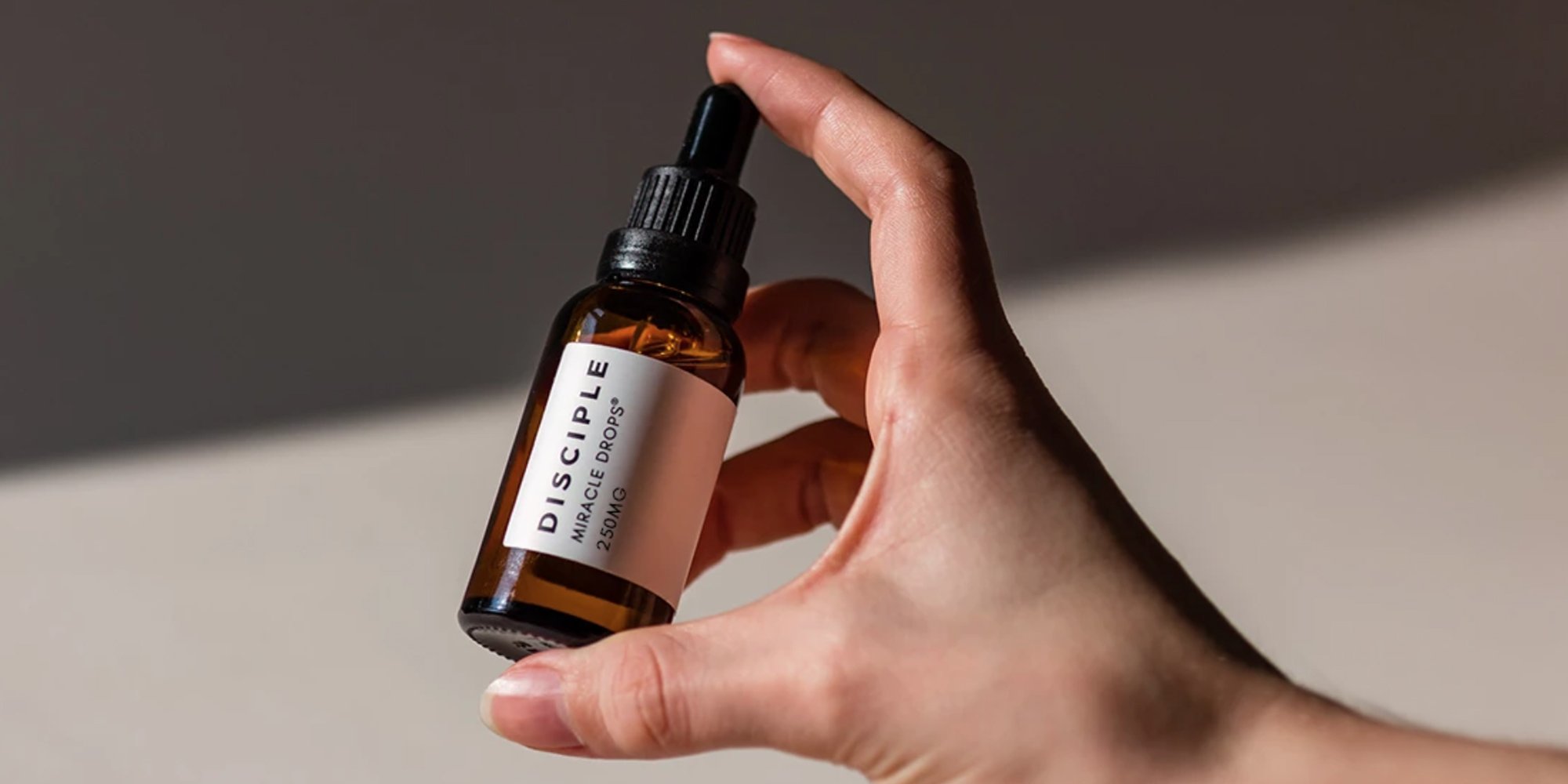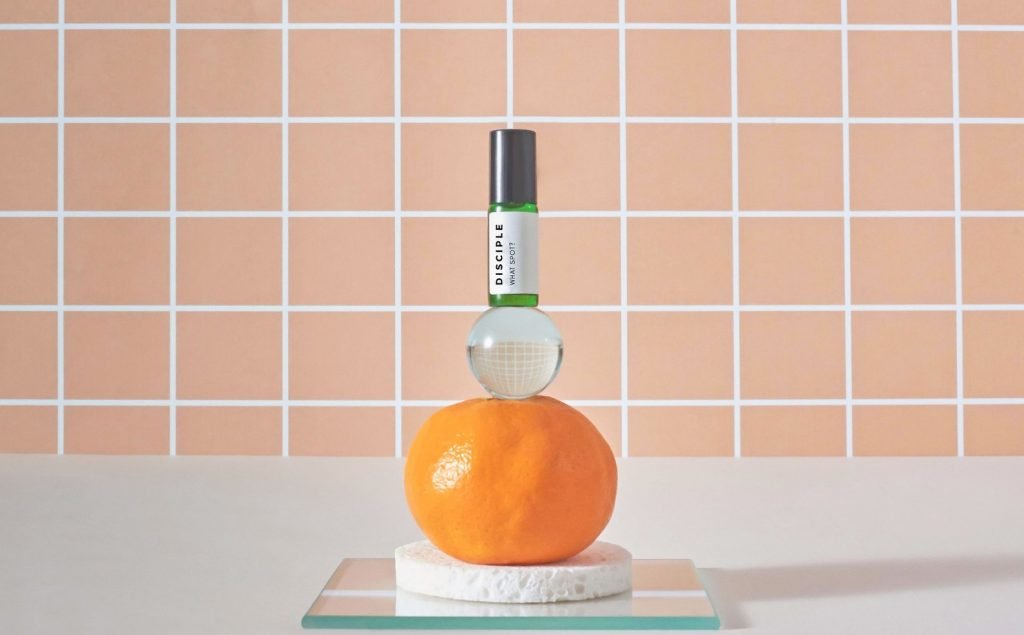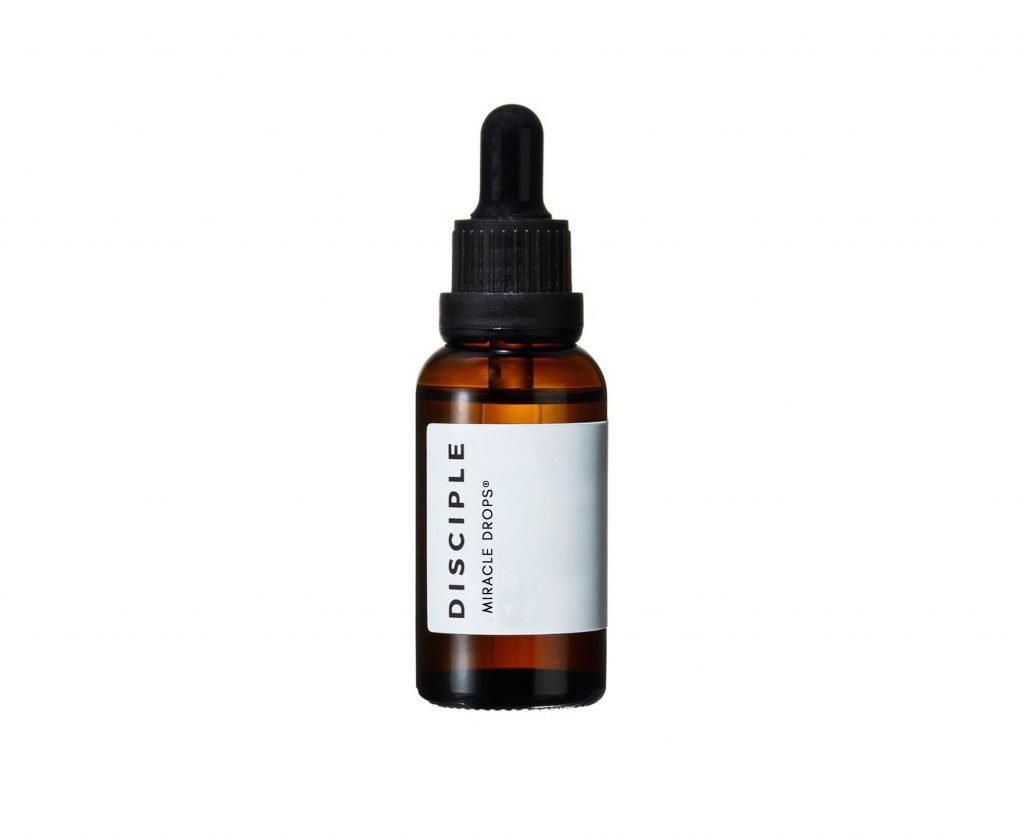
Founded By Psychotherapist Charlotte Ferguson, Emerging Brand Disciple Connects Skincare To Mental Health
Self-care is a buzzy word right now, but the overall messaging is simple: How you take care of yourself (or don’t take care of yourself) can affect your wellbeing. From eating healthy to exercising to taking a break from social media, all are connected to mental health. And society is becoming more and more conscious of the fact that what’s happening inward can take an outward toll.
Charlotte Ferguson knows what that’s like firsthand. She was in her 20s when she started seeing a therapist. She had just left college, was toiling in a public relations job she didn’t particularly enjoy, and struggled with anxiety and depression. After 18 months of therapy, she decided to switch careers and return to school for a master’s degree in psychotherapy. Ferguson’s new profession began with her working for the National Health Service in the United Kingdom doing bereavement counseling for a domestic violence charity.

“I loved it, but it was really intense and, when you’re really passionate and want to help people, burnout is real,” she says. While juggling her job, volunteering and building a private practice, Ferguson, then 32-years-old, was hit with a double whammy of alopecia and cystic acne. She says, “I was just so stressed and overworked, and I didn’t realize how it was manifesting itself on my skin. And it felt weird that I was helping people with coping strategies for their stress and anxiety, but it wasn’t really mirrored in myself.”
“It was really about creating this mind, body, soul philosophy around how to treat your skin.”
None of the skincare Ferguson tried was effective in the long term. Accutane was for a bit, but she laments it “was just like putting a plaster on it.” The drug didn’t get to the root of Ferguson’s troubles. She experimented with cutting out dairy, which led to improvement, but didn’t take care of the issues completely. Ferguson plunged into researching the impacts of excess cortisone, a symptom of stress, on the body. It can make sebum thicker and clog pores, for example. She learned about ingredients such as prebiotics, essential fatty acids, probiotics, and adaptogens that assist in lowering cortisone levels, and turned those learnings into her London-based skincare brand Disciple.
Most of the brand’s customers are professional women between the ages of 25 and 35 who are dealing with stress, but don’t have too much time to think about it. That’s why Disciple’s motto is simple: Sort your skin out. “Sort it out and, then, get on with your life because there are much more interesting things to be doing than worrying about skin issues,” says Ferguson, adding, “It was really about creating this mind, body, soul philosophy around how to treat your skin.”

Her aim is to do the opposite of what many dermatologists and traditional doctors recommend, which is to use products to attack skin problems. Ferguson says, “It should be more about nurturing and nourishing your skin rather than attacking it. It’s like the idea of self-care and kindness and being compassionate.” She developed 11 products, primarily oils and face mists, to enable Disciple’s customers to be compassionate to their skin. The products are priced principally from 19 to 60 pounds or $23 to $73 at the current exchange rate.
“It’s about finding better coping strategies and, for some people its meditation or exercise, and I do believe that using the right supplements and skincare is also a part of that.”
Disciple’s adaptogen-rich CBD oil Miracle Drops, one of its most popular products, can be applied to the surface of the skin or ingested to relieve stress. Its face oil Good Skin has prebiotics to reduce inflammation and breakouts. Ferguson credits Disciple’s skincare for banishing her cystic acne, but emphasizes it wasn’t the only valuable remedy. Addressing her internal strife was critical.
The practice of psychodermatology is about understanding how the skin responds to “emotional and environmental stressors and helping to moderate those responses,” according to Psychology Today. That can be done in a myriad of ways. “Having your tool kit is important,” says Ferguson. “It’s about finding better coping strategies and, for some people its meditation or exercise, and I do believe that using the right supplements and skincare is also a part of that.”

Ferguson thinks of Disciple as a wellness brand that incorporates skincare, noting that wellness and skincare are inextricably linked. The brand’s concept putting skincare in the context of mental health is resonating with consumers. Its revenues in the first and second quarters of this year were up 400%. Disciple is available at Selfridges, Apothecary 27 and Cult Beauty. Ferguson says, “There has to be a new approach to dealing with stress, and understanding how you think and feel about things in order to heal our whole body.”





Leave a Reply
You must be logged in to post a comment.